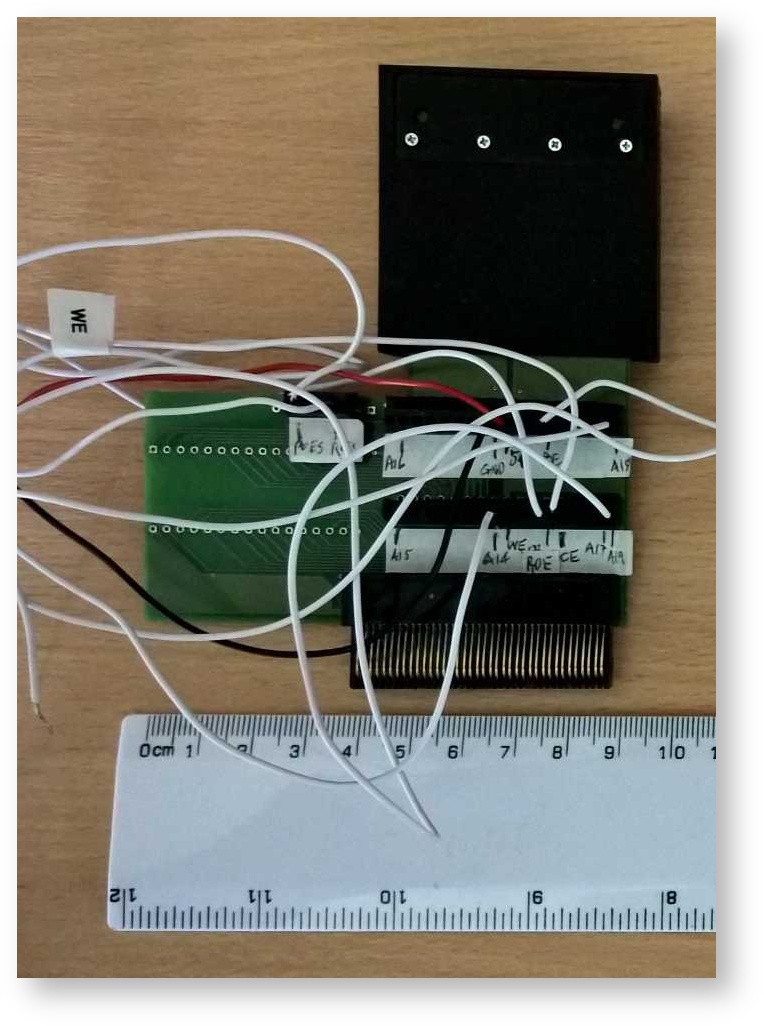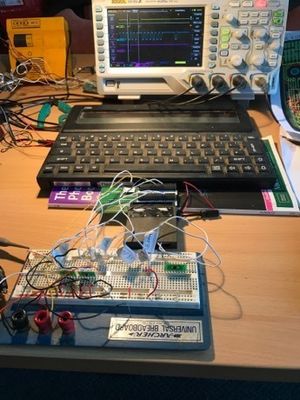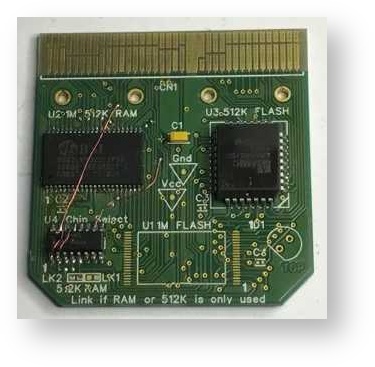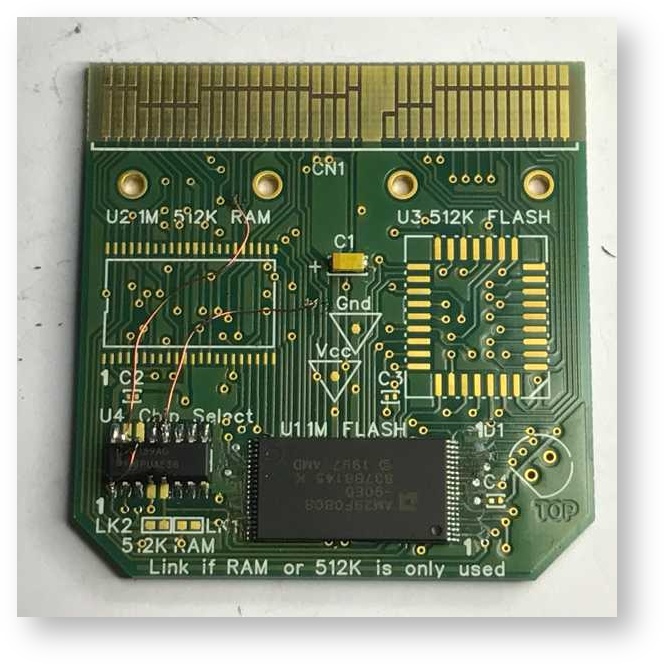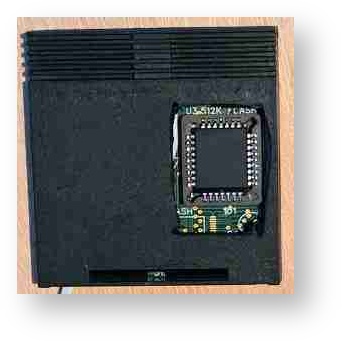| Tip | ||
|---|---|---|
| ||
This section is being updated continuously. We are up to Z88 Hardware Investigation. Please return regularly, to see the latest information. |
| Table of Contents |
|---|
Latest NEWS
03/04/17 Having a BREAK from this project.
15/03/17 More tests undertaken in Hardware Investigation
11/03/17 Initial results published
09/03/17 Fernando sent in more results
08/03/17 Fernando sent in his results
07/03/17 Benny sent in more results
28/02/17 Benny sent in his results.
Introduction
Overview
The Z88 software team have been working tirelessly, to bring you the latest and greatest upgrade the Z88 has seen to date, 0Z 4.7.
This version, which uses the RAM intensively, has exposed either a hardware design fault on the board, and/or the specification of the chips used are not fast enough or a software oversight . This affects all versions of OZ 4.x but is only noticeable when running applications in RAM from OZ 4.6.1 onwards.
It works perfectly OZ 4.7 works perfectly if run in the following combinations
- internally ROM.0,
- externally ROM.1 in a 256K EPROM
- on the emulator
This issue (which is due to the method of writing to the flash chip) has only affected a handful of user, the users. The majority, who use the normal built-in applications i.e. PipeDream BBCBASICBBC BASIC do not have any issues.
Test Procedure & Results
You are invited to "Send in your results."
This issue is currently being has been investigated, as some cards work well, whilst others fail.
In the past, these errors have been attributed to
- External card connector being dirty - this is not true
There is a way to see if a card is affected or not, by doing this test. There is no solution yet, but when there is - it will be published here.
Take part in the testing. See test section.
Z88 Hardware Investigation
To discover how the Z88 works it was decided to wire up an external card. Using an oscilloscope and see what the signals are really doing, rather than relying on what Cambridge Computer had documented. See what is happened here.
Hardware Modification Options
Both the 1M and 512K cards were modified to see if gating OE with CE would solve the problem. It made no difference.
